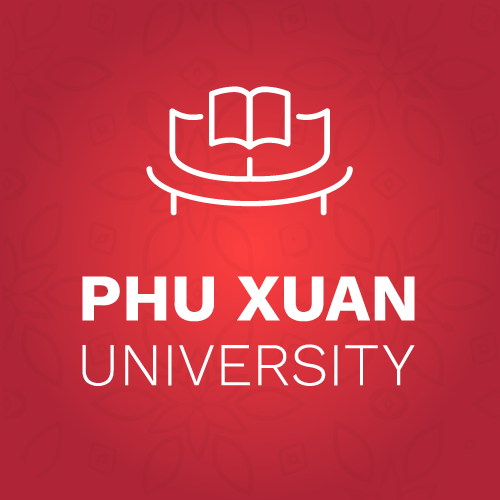1. University for the Masses, Aimed at Universal Higher Education
According to the research of Professor Martin Trow from the University of California, Berkeley, if the university enrollment rate is between 15-50%, it is a public university education, while an enrollment rate over 50% indicates universal higher education. Currently, all administrators and faculty are being trained in the elite university education period (less than 15% university enrollment). Vietnam is approaching the level of universal higher education. The nature of universal higher education is very different from both public and elite higher education. Therefore, to anticipate the new university education environment, which is universal higher education, schools need to prepare and establish organizational rules, and human resources ready for the upcoming universal higher education system.
The biggest feature of public and universal higher education is the openness and flexibility of universities. Universities need to have flexible credit transfer systems and organize various training methods to create diverse learning conditions for students. Students should be able to switch learning formats, such as focusing on-campus, online, or integrated according to their learning objectives and personal conditions. Additionally, universities also need to organize reasonable training to accommodate students with work experience, career changes, and lifelong learning orientation.
Phu Xuan University is a university built with the direction that aligns with the development of universal education, which will occur in the near future.
2. University as a Platform Connecting Business and Community
While there will still be universities that honor human values, the majority of universities need to determine their position in the context of public and universal higher education. Universities in the era of universal education will be closely and organically connected with businesses and communities to survive and develop. In this context, universities will not only solve the problems of businesses and communities but will also need to have a business and community-oriented mindset.
Phu Xuan University is an applied university and a platform that connects students, businesses, and the community. In this model, the university plays a role in connecting, creating an environment, and facilitating collaboration for students, faculty, and businesses to learn, train, and develop based on the real daily challenges of businesses and society.
3. University of Attitude – Skills – Knowledge
Unlike elite-oriented universities, Phu Xuan University has a mission to provide a comprehensive understanding of Attitude – Skills – Knowledge (A.S.K) to learners. To meet future employment needs, the university believes that knowledge and skills alone are not enough; attention must be paid to the harmonious and coherent development of Attitude – Skills – Knowledge for learners.
Recognizing the crucial role of Attitude, which has not been adequately addressed in university education and training, Phu Xuan will lead in accompanying learners to cultivate and train an attitude of progress, understanding ethical standards in work, and fostering a spirit of learning and responsibility in a professional learning and working environment.
In addition, the essential skills of the 21st-century Skill Set will also be cultivated at the university. According to the definition by the Assessment and Teaching of 21st Century Skills (AT21CS) at the University of Melbourne, Australia, the 21st-century skills comprise four main groups of soft skills.
Firstly, the group of cognitive skills such as creativity, critical thinking, problem-solving skills, decision-making skills, and lifelong learning ability.
Secondly, the group of working skills such as communication ability and collaborative teamwork.
Thirdly, the group of using work tools such as understanding general knowledge about information and communication technology (ICT). Finally, the skills to live in a global society, including issues of civic awareness, life and career, personal and social responsibility, including cultural diversity awareness.
4. University of the Digital Age – Self-learning Capability
Phu Xuan University is a university for digital natives, so adapting and training to meet and integrate digital culture is a mandatory requirement. One of the important characteristics of digital culture is flexibility and a high level of individual decision-making ability, aiming to respect the individual and self-identity of each person. Each individual in society will be an independent entity and tends to collaborate and communicate with other individuals in society based on sharing in work, social activities, hobbies, and perspectives.
In addition, the dynamics and high adaptability requirements demand that learners have the ability for lifelong self-learning to constantly update new knowledge, enhance living skills, and gain new awareness of a rapidly changing society. Predictive and self-learning skills will accompany each individual throughout their future work to ensure the ability to update technology and skills to meet constantly changing social demands.



